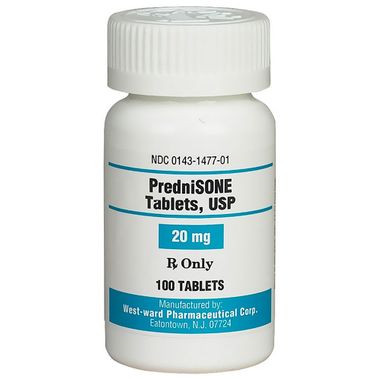Gout: Symptoms, Causes, Treatment
What are the symptoms of gout?
Gout is a type of arthritis that can cause sudden and severe episodes of pain, swelling, and inflammation in the joints. The symptoms of gout can vary in severity and may include:
- Pain: Gout attacks can cause sudden and intense pain in the joints, often described as sharp, stabbing, or burning.
- Swelling: The affected joint may become swollen, red, and warm to the touch.
- Inflammation: The joint may become inflamed, causing redness, warmth, and swelling.
- Heat: The affected joint may feel warm or hot to the touch.
- Limited mobility: The joint may become stiff or immobile, making it difficult to move or bend.
- Redness: The skin around the affected joint may become red or flushed.
- Warmth: The skin around the affected joint may feel warm or hot to the touch.
- Fever: In some cases, a person with gout may develop a fever during an attack.
Gout can occur in any joint, but it most commonly affects the:
- Big toe: Gout is often referred to as “gouty arthritis” because it typically affects the big toe.
- Knee: Gout can also affect the knee joint, causing pain and stiffness.
- Elbow: Gout can also affect the elbow joint, causing pain and stiffness.
- Wrist: Gout can also affect the wrist joint, causing pain and stiffness.
It’s important to note that gout attacks can occur suddenly and without warning, and they can last anywhere from a few hours to several days. If you experience symptoms of gout, it’s important to seek medical attention to diagnose and treat the condition.
What are the causes of gout?
Gout is a complex condition that is caused by a combination of factors. The main causes of gout are:
- High levels of uric acid: Gout occurs when the body produces too much uric acid or when the body is unable to remove uric acid efficiently. Uric acid is a natural byproduct of the breakdown of purines, which are found in many foods and drinks.
- Diet: Consuming foods and drinks that are high in purines, such as meat, seafood, and beer, can increase the production of uric acid and contribute to the development of gout.
- Genetics: Some people may be more prone to developing gout due to their genetic makeup. If you have a family history of gout, you may be more likely to develop the condition.
- Kidney function: People who have impaired kidney function may be more likely to develop gout, as their kidneys are unable to remove uric acid efficiently.
- Medications: Certain medications, such as diuretics, aspirin, and blood pressure medications, can increase the production of uric acid and contribute to the development of gout.
- Medical conditions: Certain medical conditions, such as diabetes, high blood pressure, and kidney disease, can increase the risk of developing gout.
- Obesity: Being overweight or obese can increase the risk of developing gout, as excess weight can put pressure on the joints and contribute to the development of gout.
- Lifestyle factors: Factors such as lack of exercise, smoking, and drinking can also contribute to the development of gout.
It’s important to note that not everyone who consumes foods and drinks that are high in purines will develop gout, and not everyone who develops gout will have a family history of the condition. However, understanding the causes of gout can help you take steps to prevent or manage the condition.
What is the treatment for gout?
The treatment for gout typically involves a combination of medications, lifestyle changes, and self-care measures to manage symptoms and prevent future attacks. Here are some of the common treatments for gout:
- Medications:
- Nonsteroidal anti-inflammatory drugs (NSAIDs) such as ibuprofen or naproxen to reduce inflammation and relieve pain.
- Colchicine to reduce inflammation and relieve pain.
- Corticosteroids such as prednisone to reduce inflammation.
- Allopurinol to reduce uric acid levels in the blood.
- Febuxostat to reduce uric acid levels in the blood.
- Lifestyle changes:
- Avoiding foods and drinks that are high in purines, such as meat, seafood, and beer.
- Losing weight if you are overweight or obese.
- Engaging in regular exercise, such as walking or swimming, to reduce stress and improve overall health.
- Limiting alcohol consumption.
- Self-care measures:
- Applying heat or cold packs to the affected joint to reduce pain and stiffness.
- Resting the affected joint to reduce inflammation and pain.
- Elevating the affected joint above the level of the heart to reduce swelling.
- Lifestyle modifications:
- Maintaining a healthy weight through a balanced diet and regular exercise.
- Quitting smoking and reducing exposure to secondhand smoke.
- Managing stress through relaxation techniques, such as meditation or deep breathing exercises.
- Surgery:
- In some cases, surgery may be necessary to remove excess uric acid crystals from the joints or to repair damaged joints.
It’s important to note that every individual is different, and what works for one person may not work for another. It’s essential to work with your healthcare provider to develop a personalized treatment plan that takes into account your specific needs and circumstances.




